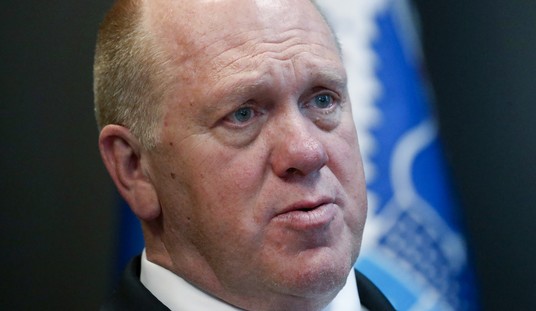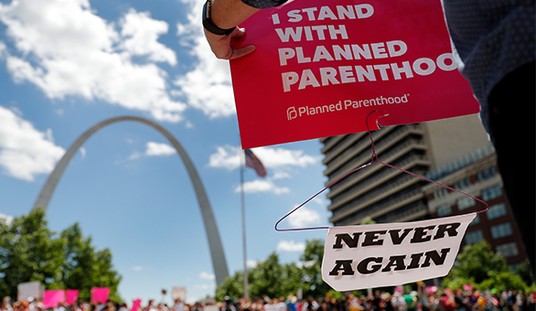From The Wall Street Journal:
Support Builds for Global Agreement on Climate Change
Final draft receives backing from EU, India, despite watering down obligations
By Gabriele Steinhauser and Matthew Dalton | Updated Dec. 12, 2015 12:08 p.m. ET
PARIS—Delegates from 195 nations participating in climate talks here appeared close Saturday to an international deal to tackle global warming that, if implemented, would force businesses and citizens to sharply reduce their use of fossil fuels and could fundamentally transform the global economy.
Some large players, including the European Union and, crucially, India, threw their support behind the latest proposal fairly quickly and many delegates expressed optimism that it would be approved later in the day. Others, however, cautioned of last-minute obstacles, since objection from a single country, no matter how small, could still derail a deal.
For the first time, all of the world’s countries—rich and poor—would be expected to take action to limit their greenhouse-gas emissions and thus contain global warming. Ahead of the negotiations, 186 governments had made pledges on how to limit their emissions in the coming decades, although scientists say their plans fall far short of what is needed to keep global temperatures at a manageable level. . . .
The new draft released early Saturday afternoon watered down obligations both for developed and developing countries—an attempt to iron out long-standing disputes that could backfire as talks draw to a close—when compared with a previous proposal published Thursday.
Crucially, a requirement for rich countries to mobilize at least $100 billion in annual aid to help poorer countries adapt to the effects of climate change and build up greener power generation—one of the major sticking points during the talks—has been moved from the body of the deal into an accompanying decision.
That could make it easier for the U.S. government to ratify the deal without involving Congress, but risks being interpreted as less convincing by developing countries. At the same time, states that were classified as developing countries when climate talks began decades ago but are now growing rapidly are expected to chip in only voluntarily.
There is more at the link, but the last quoted paragraph contains the money line: “That could make it easier for the U.S. government to ratify the deal without involving Congress.” President Obama does not want to involve the Senators and Representatives elected by the People, because he knows full well that the Senate would never ratify this as a treaty; the Constitution requires a 2/3 supermajority of the United States Senate to ratify a treaty. Were this held to be a congressional/executive agreement, a simple majority of both Houses of Congress could accept it, but that would be less binding than a formal treaty.
I did something really radical and actually read the draft proposal, and found this part:
Article 20
1. This Agreement shall be open for signature and subject to ratification, acceptance or approval by States and regional economic integration organizations that are Parties to the Convention. It shall be open for signature at the United Nations Headquarters in New York from 22 April 2016 to 21 April 2017. Thereafter, this Agreement shall be open for accession from the day following the date on which it is closed for signature. Instruments of ratification, acceptance, approval or accession shall be deposited with the Depositary.Article 21
1. This Agreement shall enter into force on the thirtieth day after the date on which at least 55 Parties to the Convention accounting in total for at least an estimated 55 percent of the total globall¹ greenhouse gas emissions have deposited their instruments of ratification, acceptance, approval or accession.
The agreement itself calls for the signatory nations and organizations to ratify the agreement. If President Obama actually signs this agreement — and it is still a draft agreement at this point — he will never actually submit it to the Congress for ratification. That is actually common practice for a President who knows that the Senate, or the Congress as a whole, will not ratify a particular treaty or international agreement. However, there is nothing, nothing at all, which prevents the Senate Majority Leader from simply taking the signed agreement and holding a ratification vote on it!
It would be interesting, and really fairly amusing, to watch the spectacle of the President of the United States sending his minions to the Senate to tell the Members that the Senate, constitutionally assigned the duty of treaty ratification, that it has no business voting on the agreement! Just as amusing would be the Senate Democrats filibustering a vote on an agreement that a Democratic President signed, just to prevent anticipated rejection.
We have, supposedly, a democratic representative republic, but our 44th President seems to see himself as our Führer, ruling by decree, unable to tolerate a recalcitrant Congress doing its constitutional duty. Well, nuts to that! [mc_name name=’Sen. Mitch McConnell (R-KY)’ chamber=’senate’ mcid=’M000355′ ] needs to stiffen his spine and not wait for the President to submit the agreement for ratification, but take control of the process himself, assign it to the proper committee, see to it that hearings are held, and hold a Senate ratification vote. Let’s see if the American people, via their elected representatives, really want this agreement burdening their lives.
_____________________________________
Published in slightly different form, on The First Street Journal.
_____________________________________
¹ – I had to deliberately misspell “global,” because the Red State software automatically paired the correct spelling with “green” in the next word to link to a member of Congress!













Join the conversation as a VIP Member